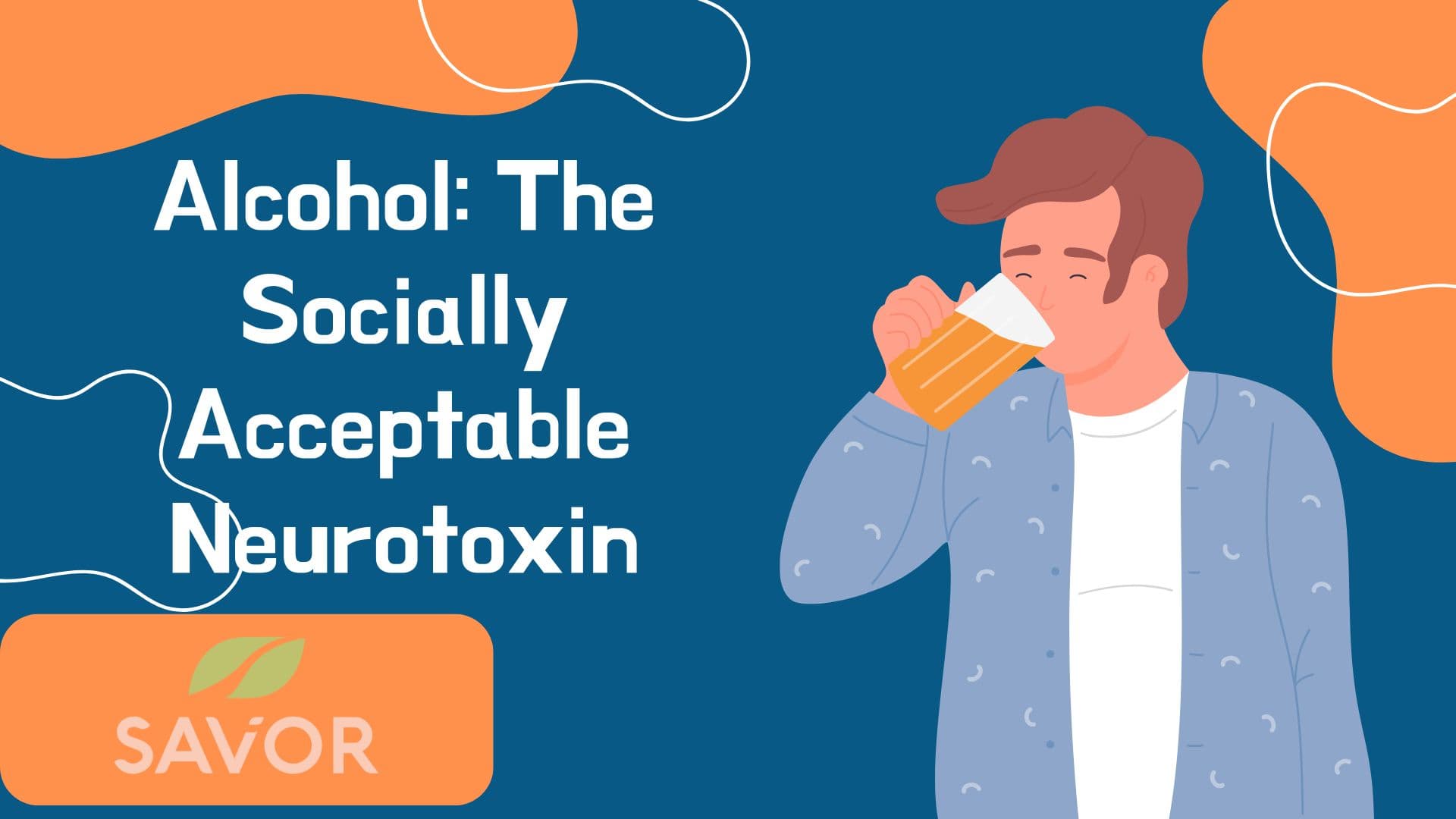Alcohol: The Socially Acceptable Neurotoxin
Alcoholism, or alcohol use disorder (AUD), is not a matter of weak will—it is a complex medical condition rooted in biology, environment, and trauma. Understanding the causes is key to addressing the problem with compassion and science.

Alcohol: The Socially Acceptable Neurotoxin
Alcoholism, or alcohol use disorder (AUD), is not a matter of weak will—it is a complex medical condition rooted in biology, environment, and trauma. Understanding the causes is key to addressing the problem with compassion and science.

Why People Turn to Alcohol
People often begin using alcohol to cope with emotional pain, trauma, or chronic stress. According to , common reasons include anxiety, depression, past abuse, and difficulties in relationships or finances. Alcohol temporarily dulls pain and provides an escape—leading some to rely on it more frequently until dependence forms.
The impact of family plays a major role. As reports, nearly one in four children in the U.S. lives with a parent struggling with a substance use disorder. This environment increases the likelihood of generational cycles of addiction, with children often modeling or internalizing the behaviors they see.
Scientific research, including findings from the , supports the idea that both genetic predispositions and neurological changes contribute to alcoholism. Chronic alcohol use alters brain chemistry, especially in areas controlling decision-making, stress response, and reward—making the urge to drink hard to resist over time.

Recognizing Alcohol Use Disorder as a Medical Condition
As discussed in , AUD must be treated like other chronic illnesses such as diabetes or hypertension. Stigma around addiction often delays treatment, but viewing AUD as a legitimate medical issue helps pave the way for compassionate care and effective interventions.

How Alcoholism Can Be Treated
Medical Treatment: Medications like naltrexone, acamprosate, and disulfiram can reduce cravings and help prevent relapse by balancing brain chemicals affected by alcohol.
Therapy: Cognitive behavioral therapy (CBT), motivational interviewing, and trauma-informed care help individuals understand their behavior and develop healthier coping mechanisms.
Support Systems: Group programs like Alcoholics Anonymous and family therapy provide community and accountability, which are crucial for long-term recovery.
Early Intervention: Screening and prevention—especially in children living with affected parents—can stop the cycle of addiction before it starts.

Breaking The Stigma
By acknowledging alcohol use disorder as a medical condition rather than a moral failure, society can shift toward evidence-based, empathetic treatment. The path to recovery is not easy—but it is possible with the right tools, support, and understanding.
Sources:
Check out Dr. Eddie's post on alcoholism:
Alcohol use disorder is a medical condition — it’s time we treated it like one
Love great food and exclusive perks? Sign up as a Savor of Life member today and enjoy a FREE Buffalo Cauliflower with your main dish! Don't miss out—join now!
👉 Claim your reward here: Savor of Life Membership Offer
Planning an event? Let Savor of Life bring the flavors to you! From social gatherings to large celebrations, our catering services offer delicious, high-quality meals tailored to your needs.
📅 Book now and make your event unforgettable! → Savor of Life Catering
Ready to transform your wellness with specially made meals? Sign up for our Savor Transform 10-Day Challenge and enjoy exclusive perks, special offers, and unforgettable meals!